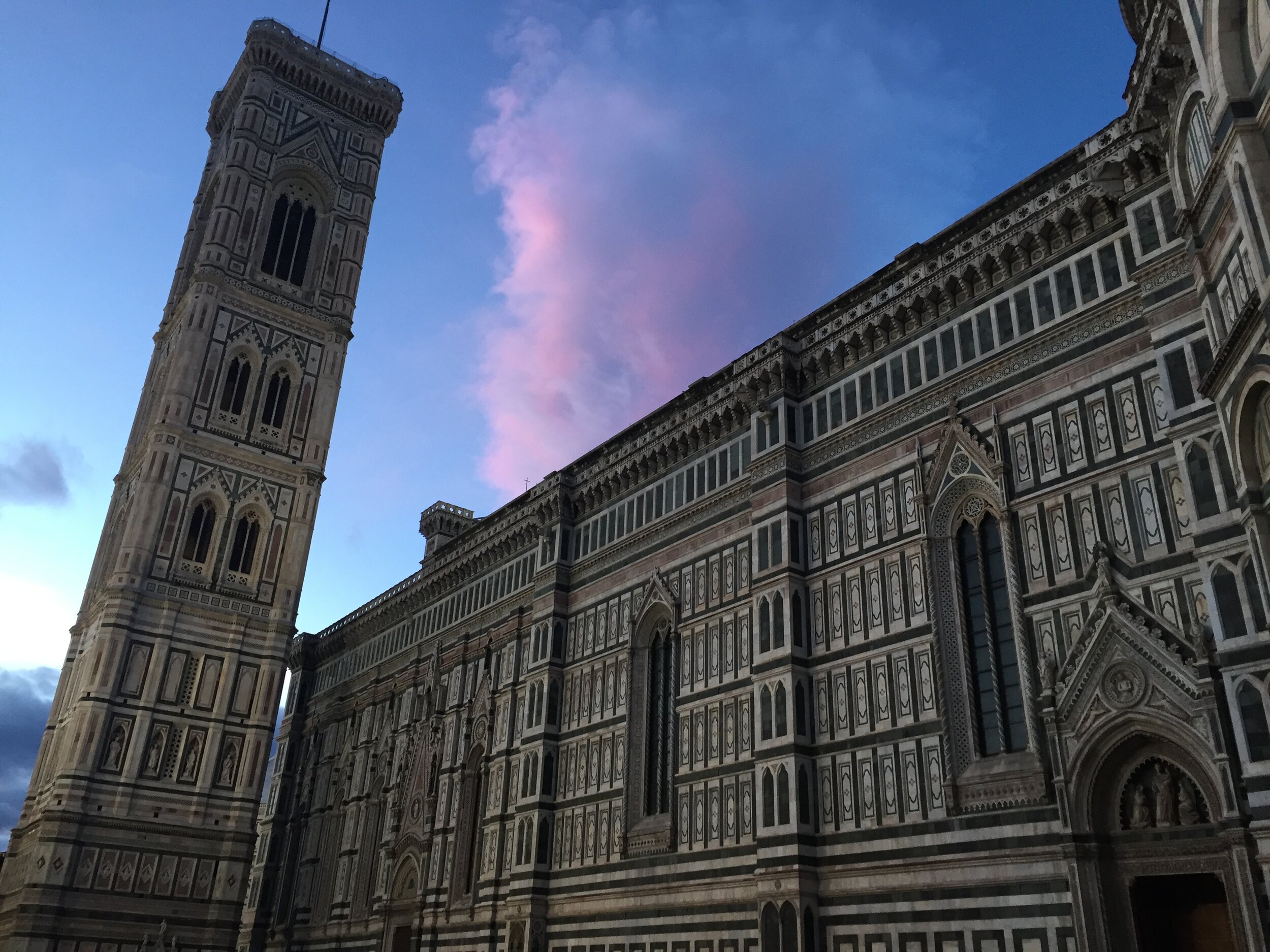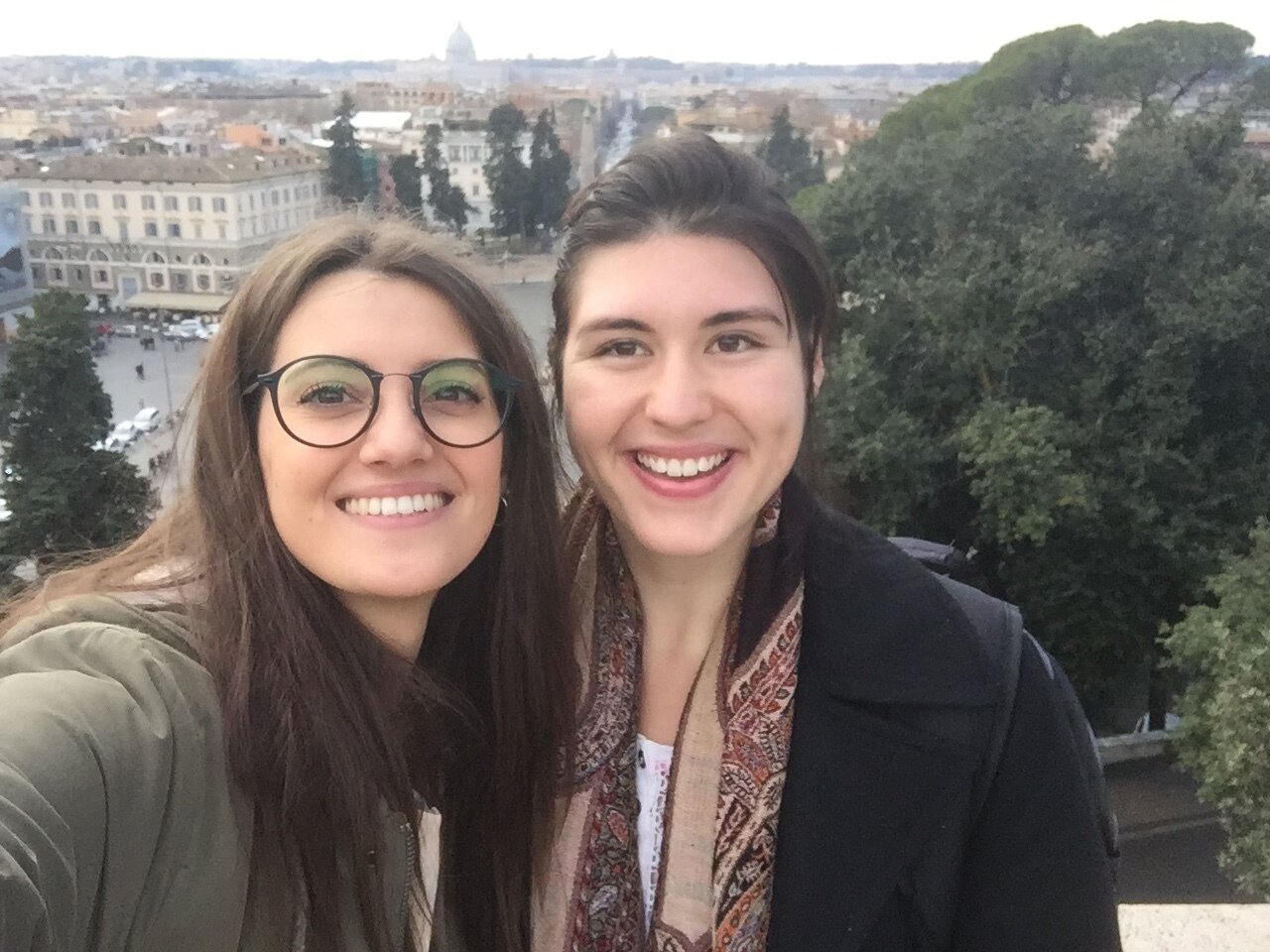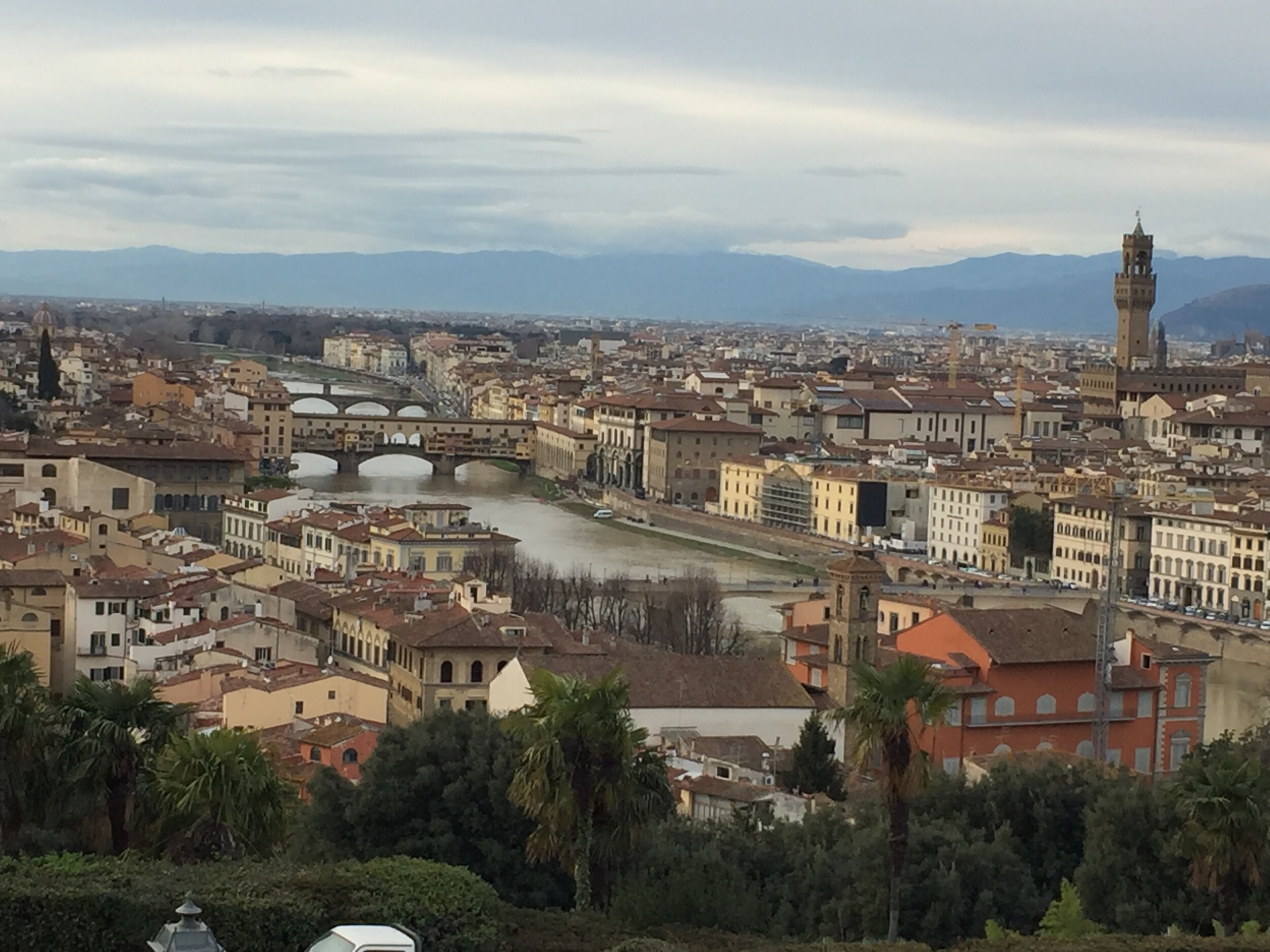When the (Healing) Work is Personal
“Choices had been made by adults and systems around us without thought for us - we, children, had to deal with the consequences and become the adults.”
“I have come to appreciate that I now have a deeper awareness of my mental health than most others have to have and am proud of the woman I have become. I will always be on a path of healing.”
BRIDGETTE RYAN-ORTIZ | COMMUNICATIONS Manager
“I lived in a world that at any moment could erupt into fire. It was the sort of knowledge that kept you on your toes.”
― Jeannette Walls, The Glass Castle
I have heard quite often acquaintances and friends describe me as a warm, kind, and optimistic person. I am often shy when meeting others but quickly befriend most. Generally, I'm a pretty grounded person and have quite a bit to be proud of. I love to read, hang out with my friends, drink buckets of coffee, and joke about my future as a cat lady. That said, most people, including roommates and long-time friends don’t know that I was diagnosed with post-traumatic stress disorder.¹ It’s not something I disclose openly because while it has played a large role in my life, I don’t want it to define who I am.
When people think about post-traumatic stress disorder, particularly chronic PTSD (or C-PTSD), they most often think of a soldier having come back from war. When I went to my university’s psychiatrist, I had gone there because I had been dealing with debilitating depression and anxiety; my mind was a minefield every day. However, it never seemed that bad. My upbringing was unusual and isolating, but it wasn’t combat. And now, I had left that upbringing behind and was in college, where I was well-liked by my professors and becoming an active leader on campus. My past was behind me, I had thought. To say the least, I was extremely confused when I received the diagnosis.
In the book Educated, author Tara Westover wrote, “My life was narrated for me by others. Their voices were forceful, emphatic, absolute. It had never occurred to me that my voice might be as strong as theirs.” Like Tara, I had been told all my life that my education, my identity, my needs, my health, and my opinions weren’t important. Growing up, what is said about you over and over again by those who are supposed to take care of you becomes who you are. I hadn’t known I was important or worthy enough to have my needs addressed. For those that had unstable, violent, neglectful, abusive and/or high-stress childhoods, that often becomes the norm for your life. Like a Dickens’ novel, choices had been made by adults and systems around us without thought for us - we, children, had to deal with the consequences and become the adults.
If that sounds isolating, you’re right. I thought that because of the way I grew up, I would never be able to be the person I wanted to be; I would always feel the divide between myself and those who grew up in loving, stable, and supportive homes. I was afraid that I was too behind to catch up with those around me; being passive, scared, and anxious was just who I was. And the more I read, the more I understood how my past now had become a part of my body, mind, and spirit.² At first, I felt absolutely hopeless. PTSD became my identity and I submitted to the thought that I would always be a damaged person. But that didn’t feel right to me. I was here, at college, because I fought for it. I was doing well, because I worked hard for it. I needed to fight for myself as well.
It wasn’t until college that I was truly able to learn about myself and build my identity. I had grown up parenting myself and those around me, but now this was different territory. Not just surviving, but being healthy. Not just trying to stay alive, but living. Boundaries? Well, I never really understood what my boundaries were, let alone how to stand up for them. Physical and emotional needs? I had to learn how to express those and in a healthy way. The biggest thing I had to learn was trust. To trust myself and to trust those around me. This was a huge part of being able to build my own identity and, finally, be able to connect to others around like I had always wanted to.
Growing up, one way that I had coped was through reading, where I could escape to far off places, live different lives, and connect with characters that I never imagined existed. This was the huge reason I chose to major in English literature. In college, I was surrounded by professors and mentors who valued what I had to say and encouraged me. I saw parallels to my childhood in the work of Amy Tan, Charles Dickens, and Virginia Woolf, and felt at home in the feminist poetry of Audre Lorde and philosophy of Simone de Beauvoir. I thrived when learning. And, I was able to apply it to my life as well. As many professors see in their students, academia became a way for me to explore and express my past experiences. I had found my space in academia, dissecting theories and absorbing as much knowledge as I could. However, I knew that in order to take the theory and knowledge of what I learned, I needed to be vulnerable and live life more fully.
As an adult, I was able to gain even more self-confidence and further see who I was through traveling, being a part of diverse communities, and through my work in the nonprofit sector. My early twenties wasn’t without the symptoms of PTSD and the myriad of ways that I coped with them, whether overeating, partying, overworking, etcetera. It was all trial and error, on top of the wild ride that is your early twenties. It was at this time I also came to connect with people more. Fortunately and unfortunately, I hadn’t been alone in my upbringing and experiences. I started to notice a sense of opening up from those around me - maybe it mirrored my own opening up. While everyone will endure trauma in their life, I started to hear more and more stories about chronic trauma from friends and the way it affected their adult lives; mainly, their insecurities around their worth, inability to feel connected to their peers and partners, and constant self-sabotaging and criticism.
While I had my own vested interest in trauma, the way I approached it became different when I saw that I wasn’t alone. And in that, I also saw how important it was to have community, agency, and your own voice. I wanted the world to be more aware that a lot more people were dealing with trauma and, more so, with chronic trauma that came from reactions and cycles of much bigger systems. It’s one thing to deal with trauma from a natural disaster or a single freak accident and another to see trauma that comes from misogyny, racism, homophobia, xenophobia, and poverty. That was something that, as a society, we could change. And I knew that I could help people to change the narratives of their lives after trauma - one of purposeless, helplessness, and fear - into one of empowerment, vulnerability, and connection.
Like literature helped me to cope and rework my experiences throughout my life, I enjoyed helping those around me to open up about their lives and tell their stories about trauma, grief, and loss. Being able to listen and talk to people, whether close friends or complete strangers, in an honest, empathetic, non-judgemental way was just what we both needed. In psychology, they call this cognitive reframing, a technique used to dispute negative or maladaptive thoughts and reframe them to find more objective and/or positive ways of thinking. Moreso, it reframes a mindset that is hopeless, fearful, and pessimistic into one of agency, optimism, and empowerment. To me, this is storytelling at its core. It all came together. I saw how my skills and experience could be used to help others from traumatic backgrounds.
To be honest, the journey never ends. At first, I was disappointed to find that there would never be a magic cure for trauma and there would never be a point when I would be “healed.” I have come to appreciate that I now have a deeper awareness of my mental health than most others have to have and am proud of the woman I have become. I will always be on a path of healing. My past has become something that has propelled me forward, rather than kept me down and I have had the opportunity to work on amazing and impactful projects, learn from some of the best local, national, and global leaders, and dedicate my life to changing systems and processes that impact the most vulnerable.
With that said, I am committed to helping others to heal, no matter where they are on their journey, and making changes to our society so that we can all live meaningful, healthy, thriving, and connected lives. To quote the amazing rap artist Angel Haze from her song “Dirty Gold,”
“Then I looked into the world and saw a million people like me
Probably never know your stories, but you're the reason I'm fighting.”
In my work at the Institute of Women & Ethnic Studies, I get to truly live this and change the narrative on trauma in our society. Working at IWES is a dream, culminating from my past experiences, personally and professionally, and I am so proud to work for an organization that sees the strength in that and wants to be a part of my journey.
“I knew that I could help people to change the narratives of their lives after trauma - one of purposeless, helplessness, and fear - into one of empowerment, vulnerability, and connection.”
[1]: More accurately C-PTSD. However, the DSM has yet to include C-PTSD and distinguish it as chronic stress and trauma versus a singular event causing PTSD. This is important because chronic trauma and stress can change the body, mind, and impede healthy development and lead to chronic health issues, compounding health issues.
[2]: As poetic as this line may seem, chronic stress and trauma do shape a person’s body, mind, and development. To learn more, you can see the research on ACEs and epigenetics.





